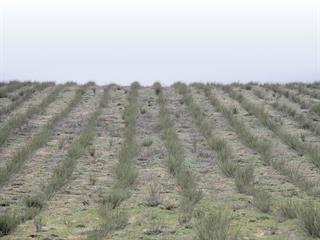Food prices increased at their fastest pace in over two years when the annual rate hit 8,5% in September.
Statistics South Africa (Stats SA), which compiled the figures, also noted that the price of foods and non-alcoholic beverages were the biggest drivers of overall inflation between August and September. They contributed to half of the monthly increase in overall inflation.
“The biggest drivers were grains and meat,” said Mike Schüssler, economist at Economists.co.za. He explained that grain price inflation is driven by two primary forces, biofuel and rising per capita wealth.
First, ethanol is being produced from grains to fuel cars. “Secondly, as people get richer, especially in the East, they eat more meat. And to produce more meat you’ll need more grains,” Schüssler said.
According to Stats SA, the average price of grains rose by 8,6% in the 12 months to September, while the price of meat rose 12,1%.
The average price of oils and fats rose by 23,6% and was mainly driven by higher sunflower prices. Laura Campbell, economist at Econometrix, explained that the higher maize price was the culprit behind the higher food price inflation.
“All the foodstuffs that use maize as an input saw a rise in their prices, as the maize price rose by 50% over the year,” she said. Schüssler said the value of the rand will play an important role in food price inflation going forward. “Food prices will keep on rising,” he said.
Campbell added that some input costs, such as increased transport costs, will now be passed on from the producer to the consumer. “We’ve seen this happen over the last three months.”
Average inflation is nearing the upper limit of the interest rate-setting monetary policy committee’s 6% target, at the annual rate of 5,7%.
However, Schüssler isn’t worried about an interest rate hike. “Not now. Economic growth is now a priority for the committee. We will see very meagre economic growth in the next two to three years.”
Campbell expects interest rates to rise in the second half of next year. She added that recently released economic indicators show weaker economic growth than expected. – Jaco Visser









